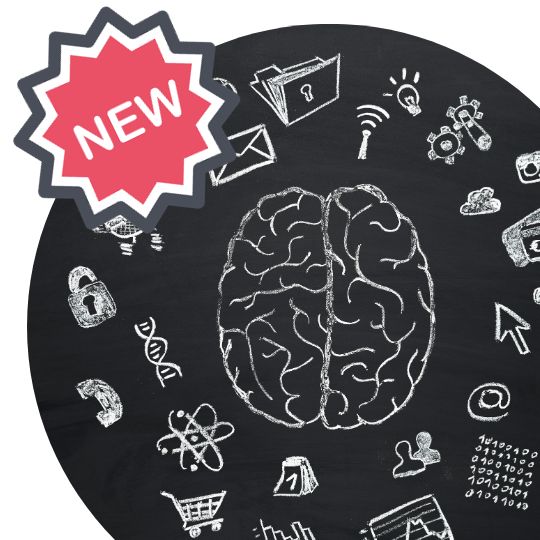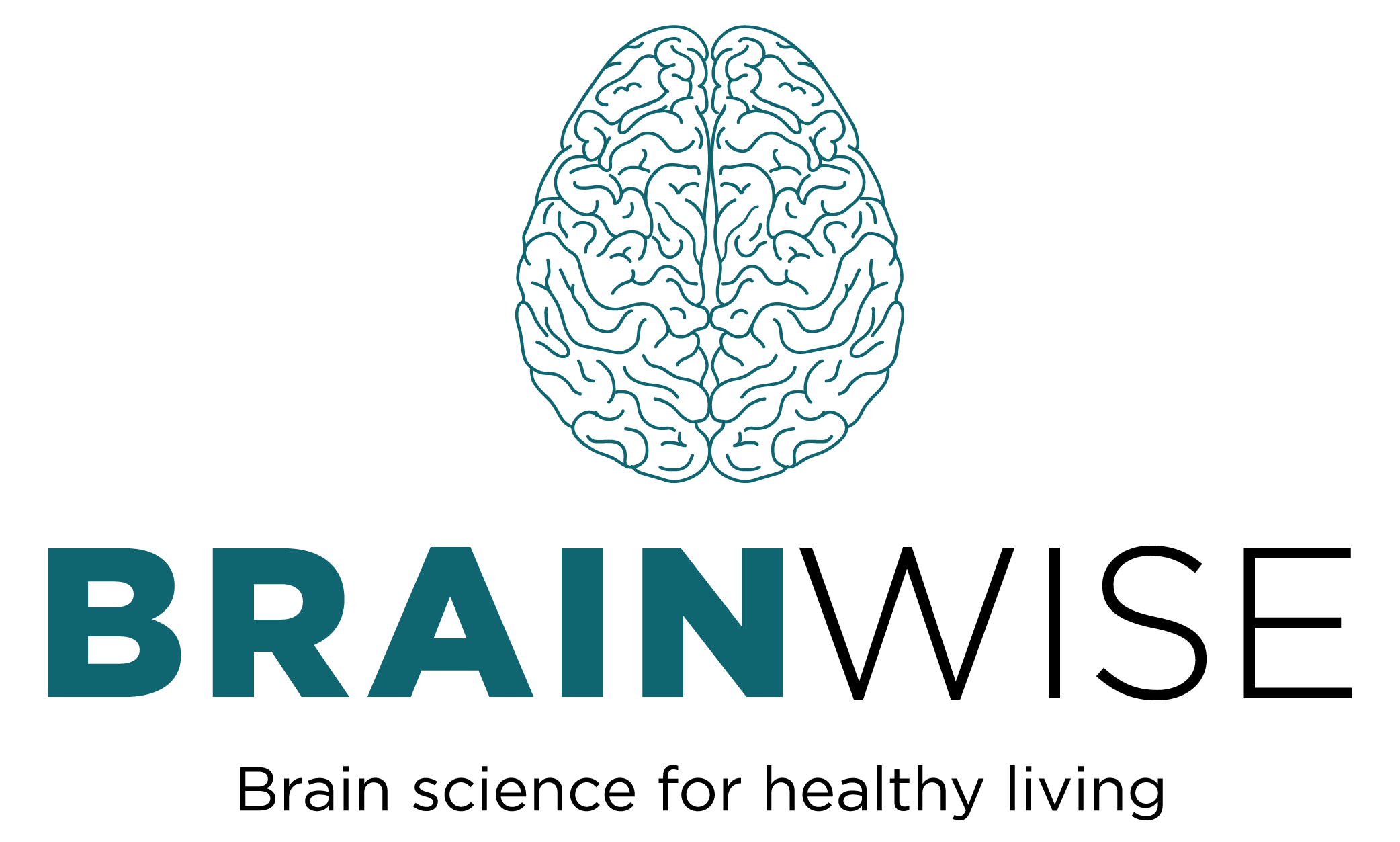Patient Tips & Tools Brochure

Download the brain health brochure to provide to patients and individuals in the general population. We have highlighted evidence-based brain healthy lifestyle activities using accessible language for a general audience to encourage broad use. The handout summarizes key points related to the brain health benefits of exercise, social engagement, intellectual activity, nutrition, sleep, and stress management, and also provides tips on how to establish brain healthy habits. Print and provide directly to patients during feedback or other sessions. It can also be printed for use in clinic waiting rooms and during public education activities, such as community presentations. We hope that this resource is useful to all NAN members who provide services in clinical and other settings.
VIEW & DOWNLOAD
Patient Tips & Tools Wallet Card
Similar to the Brain Health Brochure, we have curated several key tips and reminders for establishing brain healthy habits in an easily portable format. This handy wallet card is business card size and can be reproduced for patients to keep close for a quick reminder about habits.
VIEW & DOWNLOAD
Lifestyle Factor Literature
Check out our selected studies from the lifestyle factor literature, by category, that provide evidence for positive brain health outcomes. Find key studies related to exercise, social engagement, cognitively stimulating activity, nutrition, and more.
EXPLORE NOW
 Integrating Lifestyle Factor Science into Neuropsychological Practice: A NAN Education Paper
Integrating Lifestyle Factor Science into Neuropsychological Practice: A NAN Education Paper
The primary aim of this paper is to review evidence and clinical implications related to lifestyle activities associated with promoting brain and cognitive health. Our review targets four key lifestyle factors: physical activity and exercise, social engagement, cognitively stimulating activity, and consuming Mediterranean-style diets. There is significant current evidence supporting the role of physical activity and exercise, social engagement, cognitively stimulating activity, and consuming Mediterranean-style diets on positive brain and cognitive health outcomes. Clinical neuropsychologists can have confidence in recommending engagement in physical activity, social activity, and cognitively stimulating activity, and adhering to a Mediterranean-style diet to promote brain and cognitive health.
READ MORE
 BrainWise
BrainWise
BrainWise is NAN’s digital magazine providing original content about neuropsychology, neuroscience, and brain and cognitive health. BrainWise showcases stories that inform patients, caregivers, and brain health professionals alike. We will share discovery information, innovative health tips, and expert opinions at the intersection of neurobehavioral disorders and cognitive health. Watch for Q&As with experts, plus new blog posts and features regularly. Our aim is to make BrainWise approachable to a broad audience of readers from all walks of life.
READ NOW & SUBSCRIBE
Brain Health Quick Tips Videos
Delivering all the best tips for brain healthy habits in short video format! Share all the resources or pick the video related to the topic most important for your patient.